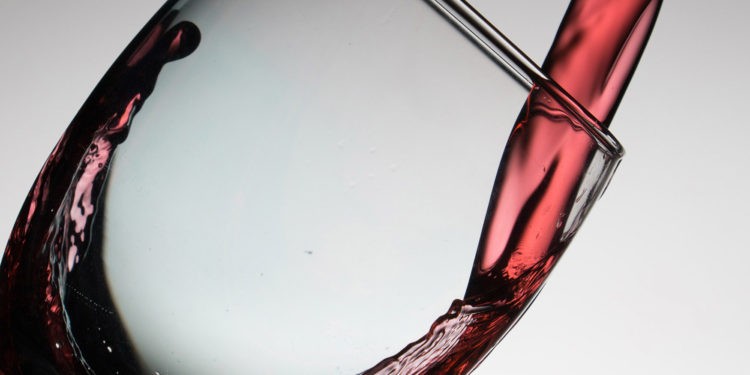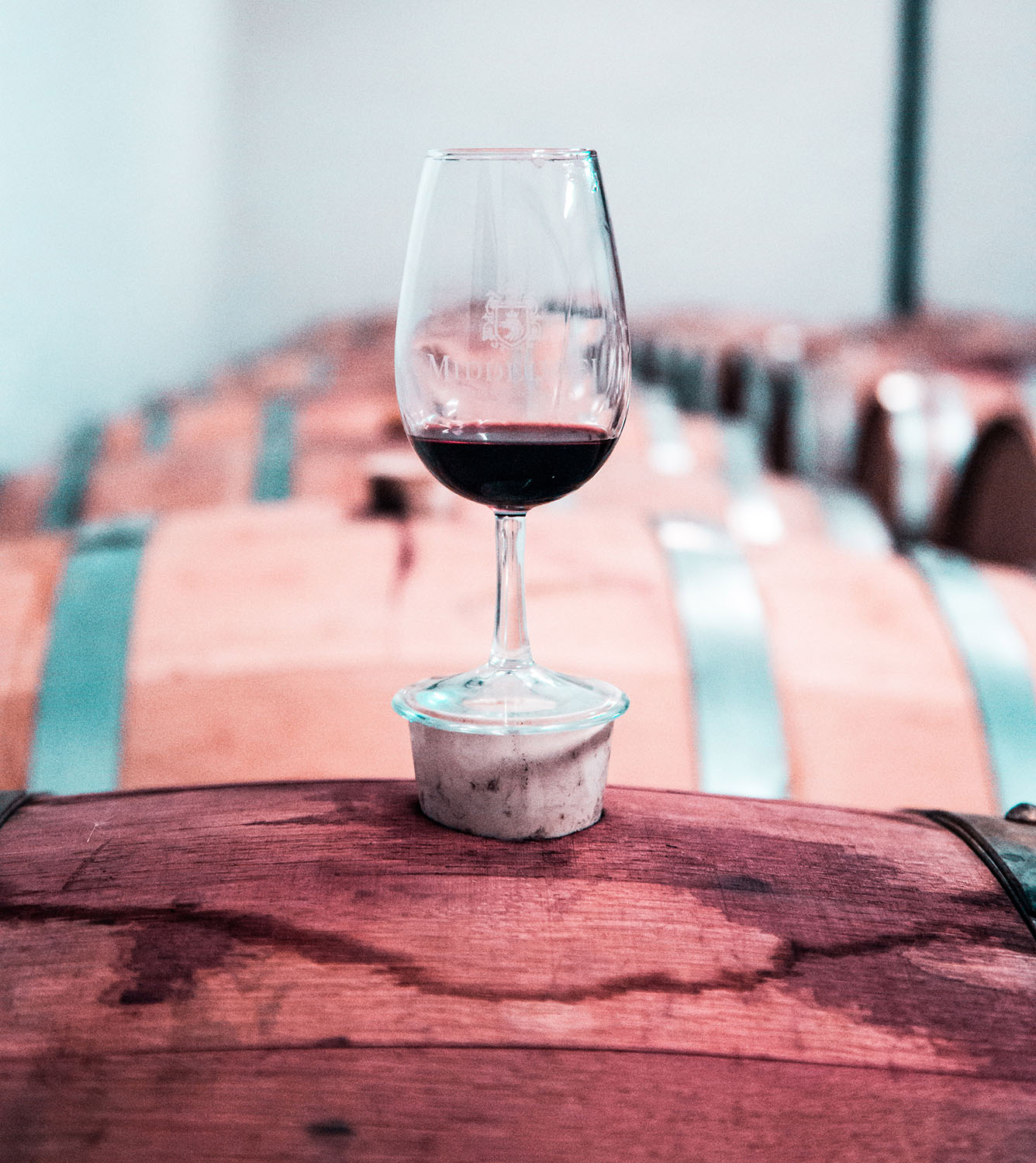Natural Wine

Discover Kansas City’s hidden nooks and crannies as food, wine, beer and spirits lover Dave Eckert shares their wares with a healthy twist.
Follow Dave on Instagram @eatsanddrinkswithdave, and tune in Wednesdays at 5:30 pm for live chats with fun foodies from all over the world.
Story by Dave Eckert
Even if you’re only moderately interested in wine, you’ve likely heard about Natural Wine. But what exactly is Natural Wine? Without any official definition or guidelines, Natural Wine can be tricky to pin down, but generally it meets the following guidelines:
- Grapes are typically grown by small-scale, independent producers
- Grapes are hand-picked from sustainable, organic or biodynamic vineyards
- Wine is fermented with no added yeast (i.e. native yeasts)
- No additives are included in fermentation (yeast nutrients, etc.)
- Little or no sulfites are added
Proponents of Natural Wine point to some positive health benefits as well. They claim additives that can be found in many wines: coloring agents, sawdust (yes sawdust!) or wood chips, sugar, and sulphur can cause allergic reactions while, also, adding additional alcohol and sugar to the wine. Commercial yeasts can also be genetically modified, which can lead to other reactions, including the infamous “wine headache.” As mentioned, Natural Wines use only natural wild yeasts. Finally, backers of Natural Wine claim most non-organic or biodynamic wine contain trace amounts of pesticides or herbicides, which I think everyone would agree is not a good thing.
But what does Natural Wine taste like? It seems the answer to that question is as complex as each bottle of Natural Wine. I sought the advice of some wine-loving journalist colleagues and one local wine purveyor. First, wine journalist, Mary Orlin who is an avid supporter of Natural Wine. “I am excited about this category because so many of the wines are made with what I consider more interesting varietals: Chenin Blanc, Vermentino, Trousseau, Colombard, Picpoul, Carignane, and Mourvedre for example. Pretty much all of the winemakers I’ve interviewed prefer to say they are ‘minimal interventionalist’ or ‘low interventional’ winemakers. In Europe, the Natural Wine moniker seems less fraught with controversy. But they all have similar principles,” Orlin shared. She acknowledges that some Natural Wines can be “funky,” but claims most are clean and well-made. She particularly likes the “Pet-Nat” category of Natural Wines-sparkling wines. “It’s fun seeing winemakers experiment to produce something that doesn’t require the time or capital investment of traditional method sparkling wine. And there’s freedom to use a wide range of grape varieties,” Orlin said.

New York-based wine journalist Shana Clarke says Natural Wine is here to stay but believes there needs to be more defined guidelines. “What Natural Wine stands for-low intervention winemaking, little or no SO2, thoughtful farming practices, and wines that express their terroir, are values many strive for and drinkers increasingly look for in their wines. But there needs to be standardized regulations and definitions,” Clarke stated. Clarke also raised some interesting points about the Natural Wine movement. For example, the “mousy” or “funky” flavors mentioned earlier. Clarke wonders if that is acceptable or if it’s flawed winemaking hiding under the Natural Wine banner. Then there’s this: some have raised questions of the treatment of vineyard workers as it relates to the definition of Natural Wine. “Can you farm organically, eschewing pesticides, but mistreat your workers?” Clarke asks. All valid points.
Last, I stopped by Cellar Rat Wine Merchants in downtown Kansas City for a discussion with owner Kevin Hodge. Hodge is also a fan of Natural Wine. “I think it’s a Renaissance to the way wine used to be made before we had all of these big companies producing wines that, in many cases, taste very much the same,” Hodge opined. Hodge stops short of endorsing the entire category of Natural Wine because, as the category suggests, each wine can be vastly different. While one wine may suit your palate, a second may not. But just like Olin and Clarke, Hodge believes Natural Wine is here to stay and has many positive attributes. “We’re seeing more of it all the time, and more interest in the category. It’s definitely appealing to a younger demographic,” Hodge concluded. And that is something all wine producers are chasing, Natural or otherwise.
 About the Author: Dave Eckert is a long-time journalist whose career spans nearly four decades. Over that time, Eckert has been a television anchor and reporter, including 5 years at KMBC in Kansas City, the host of Culinary Travels with Dave Eckert, which aired across the country on PBS and cable for 11 seasons, and a food and beverage journalist for this publication, KC Chowtown, the Kansas City Star’s on-line food blog, and WDAF-TV’s morning news.
About the Author: Dave Eckert is a long-time journalist whose career spans nearly four decades. Over that time, Eckert has been a television anchor and reporter, including 5 years at KMBC in Kansas City, the host of Culinary Travels with Dave Eckert, which aired across the country on PBS and cable for 11 seasons, and a food and beverage journalist for this publication, KC Chowtown, the Kansas City Star’s on-line food blog, and WDAF-TV’s morning news.



